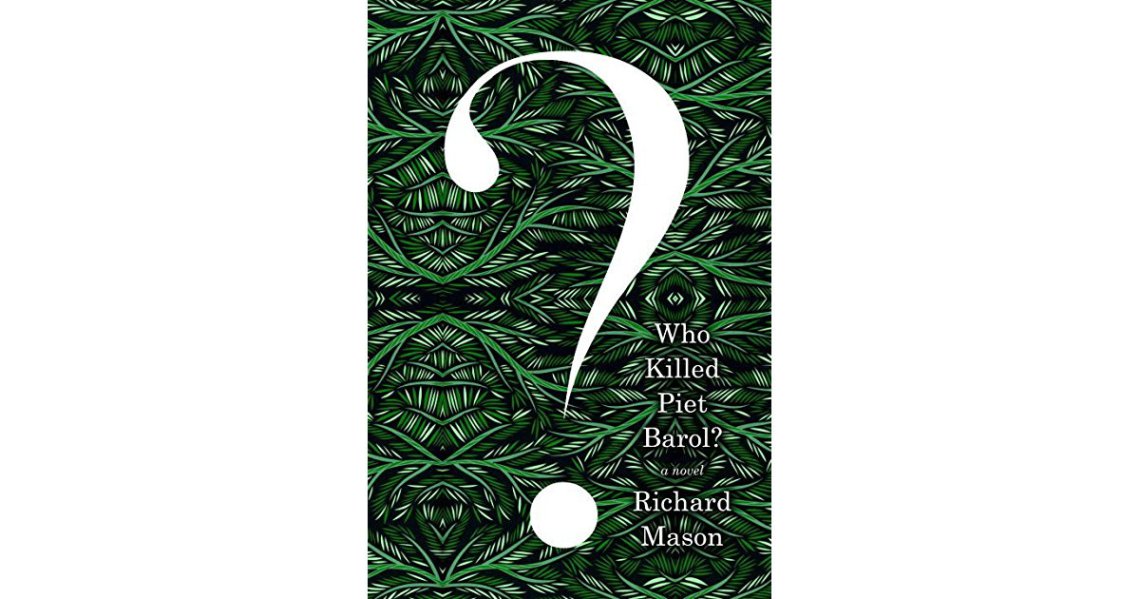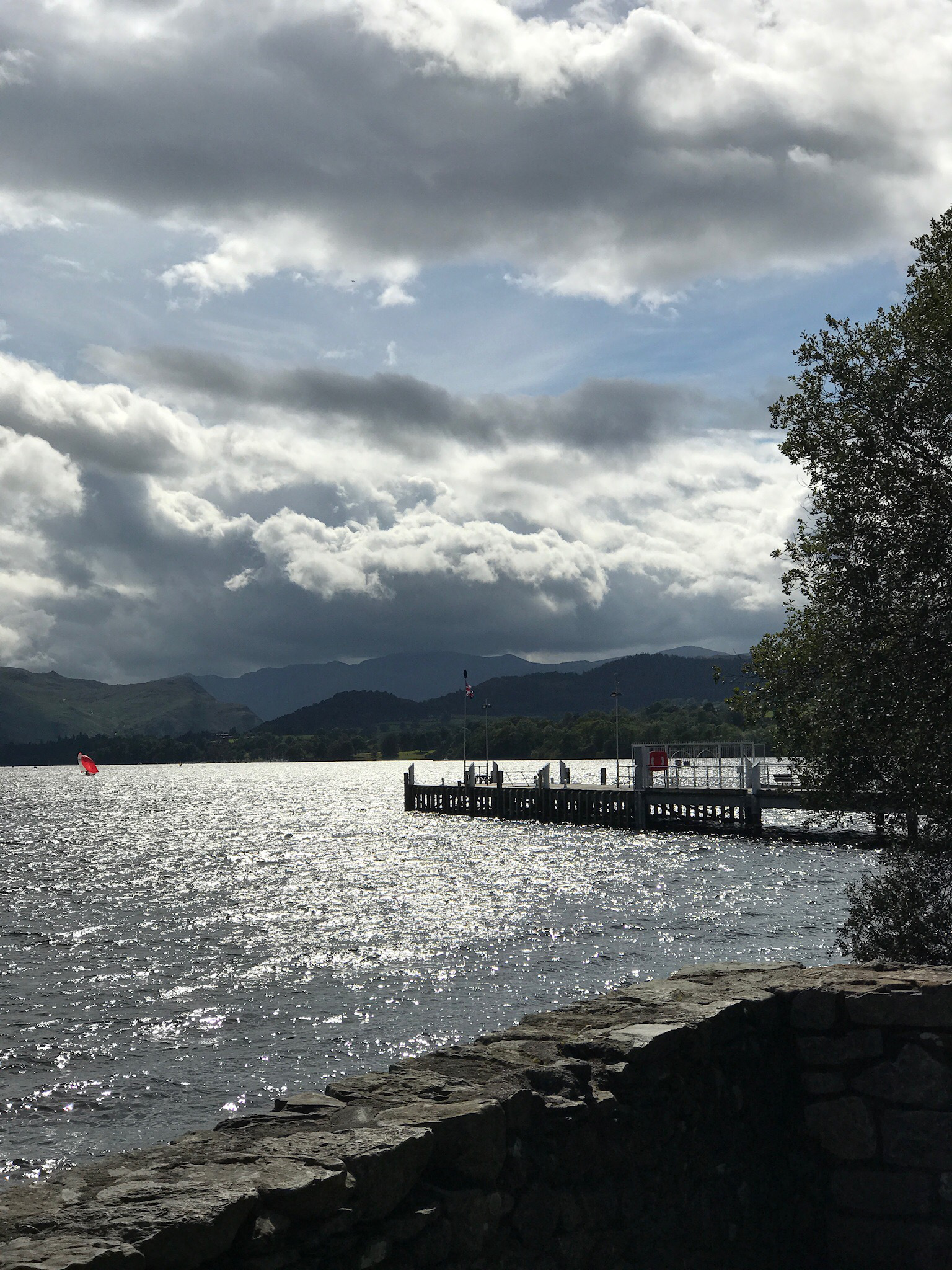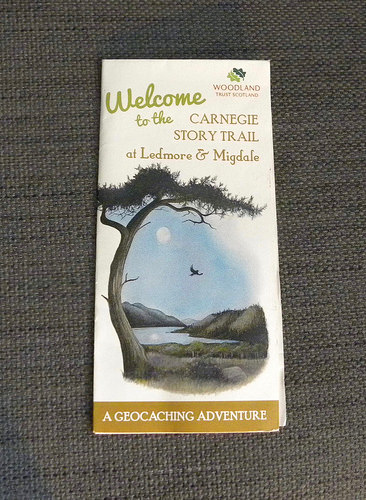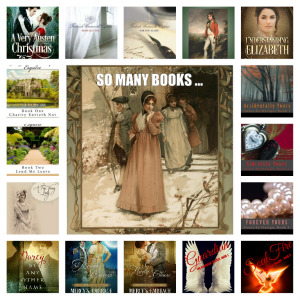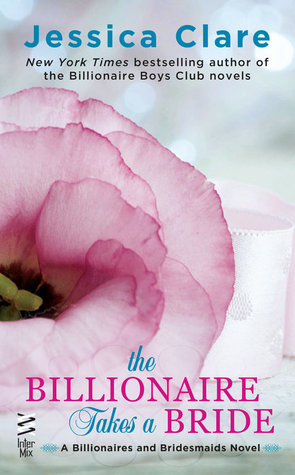Poetry is one of the greatest platforms for addressing the environmental crisis. Honest confessional pieces of poetry address the impact of humans on the environment best. Through reading several poems focusing on the pollution of our rivers, oceans etc. it is clear that several writers are aware and trying to spread their warnings of how people are destroying the water, while still expecting to exploit the water for their own personal enjoyment.
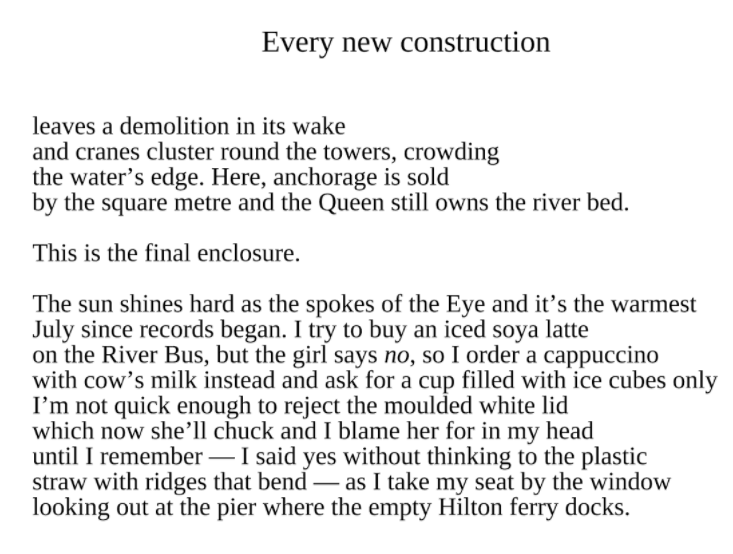
Poems like the one above by Karen McCarthy Woolf, detail how for most people being conscious of our eco-footprint is more of a chore, highlighting how we easily abandon our eco morals based on convenience. Woolf points out just how stupid and selfish humans can be, placing the river as a body of water that provides fun, enjoyment and allows the subject of the river to ride on the river bus, yet this subject fails to see the damage they are causing to the river through an excessive use of plastic products.
The poems show how water is used by so many writers to display human emotions, humans and the water become connected, as we are in real life, when we damage the water, we damage ourselves and our own prospects. The poem below by Kathleen Jamie points out the irony in our attitude to the water, how we appear angry when the ocean spits our waste back out, how us the “great” species can do so much destruction, yet act as if we don’t have the power to fix our mess.
The poem displays a similar narrative to that in Memory of Water, in which Emmi Itaranta writes that ‘water has a consciousness’ (p. 90). The creation of an intelligent water and one with a moral compass adds further layers to the role of water in both the poems an Itaranta’s novel. An intelligent personification of water, creates the idea water is rebelling against humans, water is displayed as a being that has been abused and hurt by humans, so much so that it is now fighting back, fully aware of the emotional impact it is having on humans.

The water is connected to humans, writers use the water to show our inner thoughts, changes in emotions, as nothing is as versatile as the water. Below is a trailer for the short film ‘Waterfall’ by Tom Lock Griffiths. The movie was shown at the Scottish Mental Health film festival in 2017. The film discussed the narrator trying to understand his Mother’s suicide while using images and sounds of water to accompany the different emotive sections. Similar to the poems the film recognises the relationship between humans and the water and acts as an ecological piece as much as a piece concerning mental health.
‘When water runs dry, we are on earth alone’ (p. 114). Memory of Water comments on how this connection between humans and water is not just a physical. Water is depicted as being the only thing that can seemingly make sense of human emotions and thoughts, like in Griffith’s short film water acts as an image to display the ever-changing state of the human mind, the changing speed, colour and shape. Only water can mirror this.
Advertisements Share this: